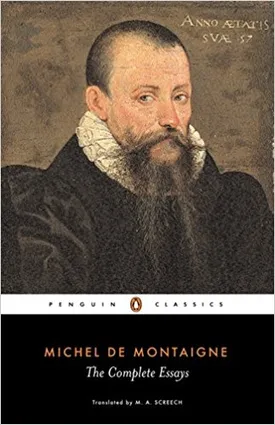Michel de Montaigne
Michel de Montaigne is one of the most important authors of the French Renaissance. He is best known for his famous collection of essays, "Essais", which is one of the most influential works of the period. Montaigne is often credited as the father of modern skepticism and the essay form.
Montaigne was born in 1533 in France to a wealthy family. He was well educated and studied law at the University of Toulouse. He was well-read in the classic texts of Greek, Latin, and French literature and was a great admirer of classical authors such as Cicero and Seneca. After leaving university, Montaigne led a quiet life, focusing on his family and his writing.
Montaigne's Essais were first published in 1572 and immediately gained a wide audience. The work embodied Montaigne's free and unorthodox thinking. He rejected rigid philosophical certainties, instead engaging in self-examination and inquiry into the nature of truth. He questioned the authority of the Church and argued for a more humane, tolerant approach to faith.
Montaigne had a deep interest in humanity and the human experience. He wrote about his own life and opinions, exploring such topics as human frailty and mortality. Montaigne's essays were a source of pleasure and comfort to many readers, who found solace in his honest, often humorous reflections.
The Essais were a groundbreaking achievement for its time. Montaigne was the first to adopt the form of essay-writing, and his work was an inspiration to later philosophers such as René Descartes and Ralph Waldo Emerson. Montaigne's essays also pioneered a more personal and literary form of writing, which became the foundation of modern literature.
Montaigne's writing brought a new form of subjectivity and introspection to literature. His work was a response to the scientific, religious, and philosophical trends of his day. In the spirit of the Renaissance humanists, he sought to create a dialogue between the individual and the world, with the individual's experience being the focus of the writing.
Montaigne's delightful and insightful essays are still widely read today, a testament to his influence and lasting legacy. At a time when books were only available to the elite, his work was readily available to a wide audience and made accessible to a new readership. He is an emblematic figure of the French Renaissance and an inspiring example of how to embrace uncertainty and think critically about the world.

